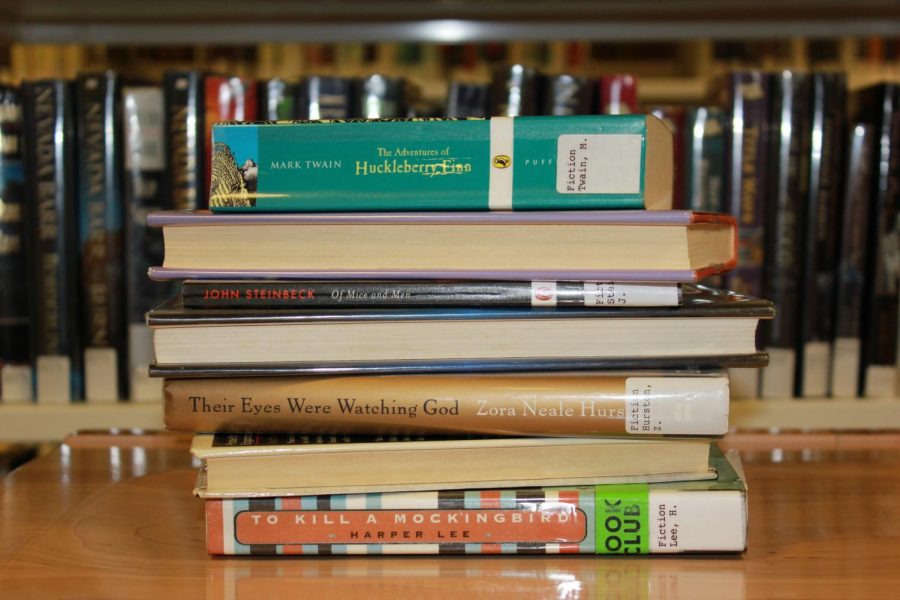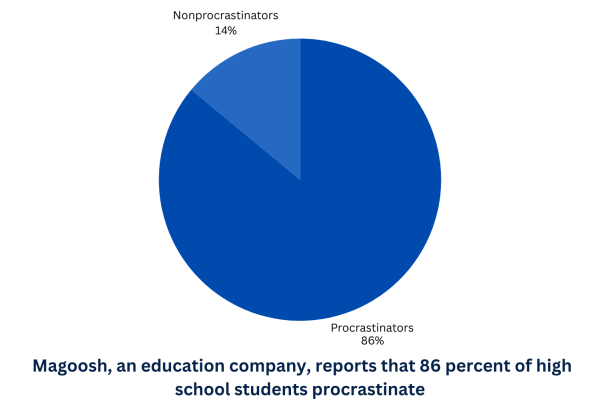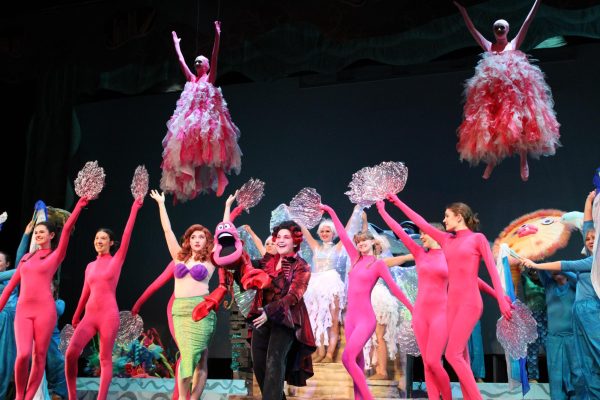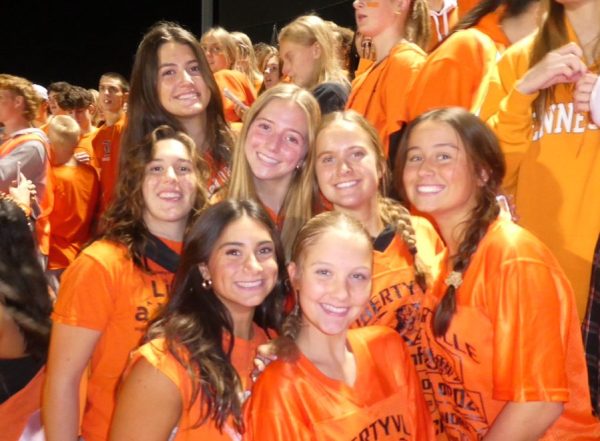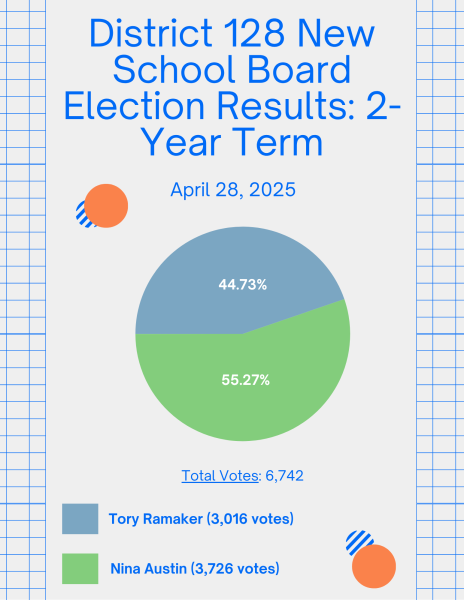Banning Books Bans Opportunities
Many books are considered controversial in schools because they are deemed to make students uncomfortable; however, reading these uncomfortable books allows people to expand their minds.
A nationwide controversy sparked when a Mississippi middle school took the modern American classic To Kill a Mockingbird, by Harper Lee, off the school’s reading list last month because it “made students uncomfortable.” The book is a story of racism, sexism and ageism in 1950s America and is read today by middle school or high school students in a majority of American schools.
The book is considered controversial due to some of the language it includes, mainly referring to the use of the n-word, which may make some teachers and students uncomfortable when reading aloud in class. This has been the basis for banning many books in schools, such as Of Mice and Men by John Steinbeck, The Adventures of Huckleberry Finn by Mark Twain and Their Eyes Were Watching God by Zora Neale Hurston, among many others.
Middle school and high school years are a time for students to learn about the world around them and formulate their own opinions based on what they know and learn Literature, television, media and film are some of the key influencers in today’s generation. Books in particular have a way of teaching younger generations about how to deal with the issues that actively persist within their society.
Prejudice has been written about for centuries and still persists today. Hate and ignorance can be countered through knowledge and an open mind. Reading a book, new or old, can give a person a more diverse perspective on the world even if the area in which they live lacks in diversity.
“We can hear a character’s motivation or analyze why a character would do something even if it’s not anything that we would do, or a situation we [would] be in. We can work to understand exactly where that character is coming from,” shared English teacher Ryan Ebling.
Regarding books that amplify important issues such as racism, putting yourself in a character’s shoes to better understand their mindset and motivations is never a comfortable thing to do. It often creates a feeling of helplessness and disgust among readers, which is why some parents and schools try and shield students from these types of works.
However, reading about racism from a textbook takes away the emotion that should be felt when discussing these issues. A person should not feel comfortable with racism and works such as To Kill a Mockingbird help expose people to prejudice within the real-world situations and how damaging they can be.
A book can not only teach a person about the world and others; it can also reflect who they are as a person.
“When students pick up a book, a lot of times students think, ‘Well, we all read the same book,’ but we all read it very differently, [including] how we respond to it, how we react to it,” stated LHS librarian Amy Wiggins “So not only does literature shape our identities as readers and as people, but the way we react or respond to a book is also shaped by our background, our values, our cultures, our ideals, our experiences, and that can make for some great conversations as well.”
In regards to how Libertyville’s reading list works, English teachers at LHS are actively implementing more books into their reading lists that can have a greater impact on student’s perspectives. “More and more, I’m choosing, and I know that other teachers are choosing, [books] based on broadening students’ horizons,” Ebling shared.
With a school that can lack in physical diversity, it is important that the school keeps implementing various literary works and other forms of mental expansion through diversity to assure that everyone has an equal chance to gain proper knowledge on issues facing our world today, and formulate proper opinions, as well as to become better people themselves.



